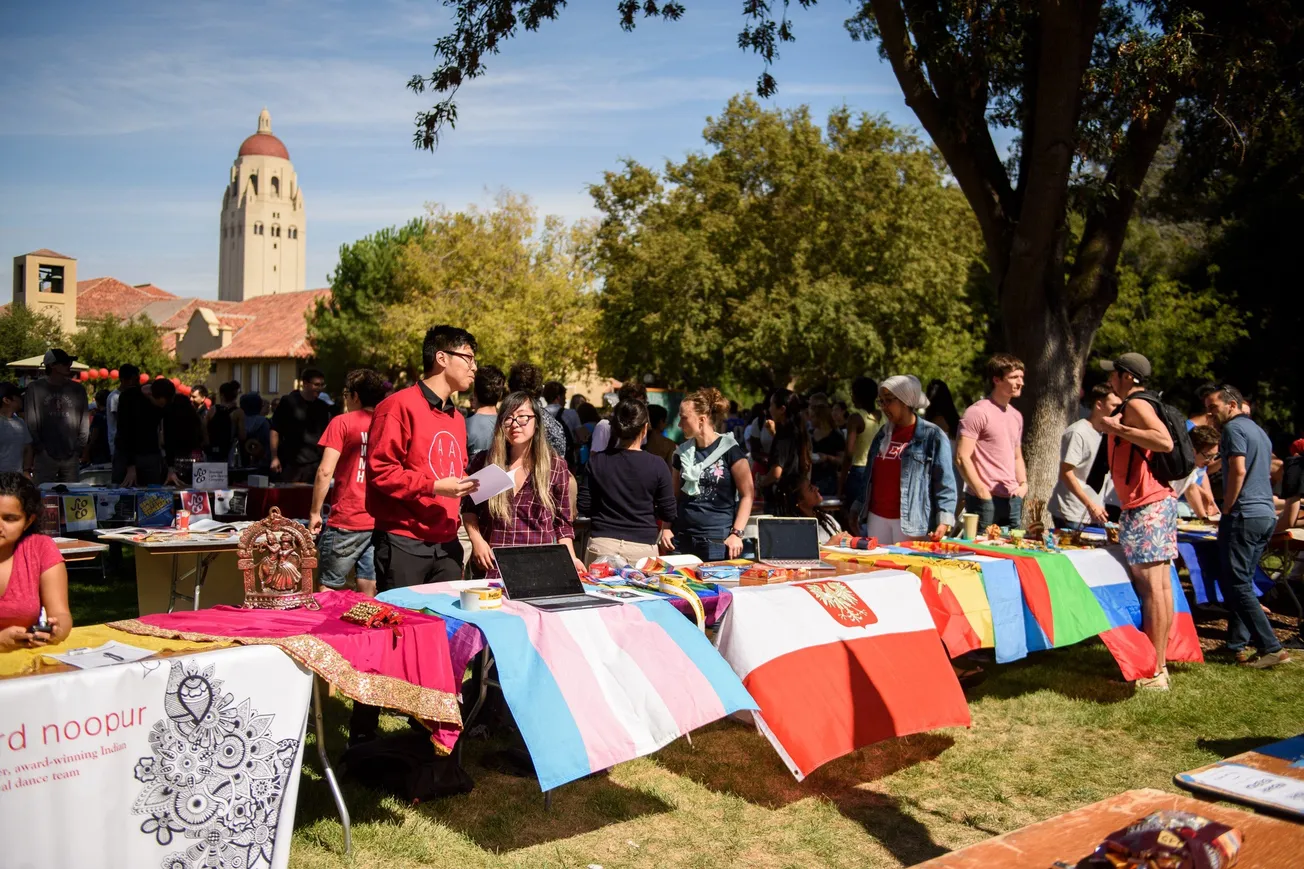Table of Contents
Last week, a group of nearly 200 Stanford faculty wrote a letter to US Attorney General Merrick Garland calling for him to end the Department of Justice’s “China Initiative.” The China Initiative was launched in 2018 to combat Chinese economic and scientific espionage in US universities.
They write that the Initiative has deviated from its mission of combating economic espionage and that it now threatens the US technological edge. They also said that the program to combat Chinese espionage “disproportionally targets researchers of Chinese origin.”
The Review has previously reported on incidents at Stanford involving CCP-affiliated researchers, and we still have concerns about improper activity. But it’s worth noting that this letter was not a typical Stanford faculty letter full of hyperbole and radical demands. These Professors express earnest concerns with the efficacy of the program and it’s worth hearing them out. The letter puts forth three reasons why the China Initiative should be disbanded. Let’s examine each of these points.
First, the authors claim that the China Initiative disproportionately targets researchers of Chinese origin and that universities are pressured to investigate researchers “only because of their personal or professional connections with China”. This observation isn’t wrong, but it’s hardly a reason for cancelling the China Initiative. Nobody should ever be scrutinized for their identity alone, but it’s simply not controversial that a government program designed to detect espionage from a particular country focuses on individuals connected to that country.
As for the authors’ claim that researchers are sometimes investigated for connections to China that later turn out to be innocuous, this is a valid concern. However, it has to be understood that China’s espionage strategy -- the Thousand Talents program and civil-military fusion, for example -- is designed to blur the traditional boundaries between academia, military research, and the private sector. This makes illicit knowledge and technology transfer much more difficult to detect.
The second point the letter makes is that since most China Initiative prosecutions are related to a failure to disclose foreign funding or foreign appointments, and not genuine espionage, the China Initiative should not be sold as a national security program. Again, this seems to be a fair point on the surface. But failure to disclose foreign affiliations and foreign funding can still pose serious threats to national security, as these methods are used by China to develop talent networks that can later be tapped for information. For example, in a recent China Initiative sentencing, a Chinese researcher working at Ohio State admitted that he falsified NIH grant applications in order to hide his connections to over 5 separate Chinese universities. A case that began with grant fraud ended with the researcher being arrested in Alaska trying to flee to China with “two laptops, three cell phones, [and] several USB drives”.
The third argument the letter advances is that efforts like the China Initiative harm US science and technology competitiveness and “hamper[s] [our] efforts to recruit the best Chinese students and postdoctoral scholars.” This is the authors’ most compelling argument. After all, the best way to counteract programs such as Thousand Talents may well be to win the hearts and minds of Chinese scholars. Every professor and doctoral student of Chinese descent that chooses to live and work in the United States is a slap in the face to the CCP, and if we overreach with programs like the China Initiative, we could indeed make Chinese nationals in the US fearful.
However, the solution to this problem is to take more steps to educate the public about the objectives of the China Initiative, not disband it entirely. The authors of the letter provide no alternative ideas for guaranteeing the security of American universities. Simply criticizing the China Initiative, which has yielded dozens of successful convictions, is not enough. The DOJ’s China Initiative may not be perfect, but the indictments that are not able to hold up in court are being reversed and each defendant is getting due process.
What is most concerning about the faculty’s opposition to the China Initiative is that it seems to be grounded in their observation that “The difference between the open fundamental research carried out at universities and nore applied and proprietary industrial or military research in the commercial sector must be recognized.” China does not believe in this distinction, so why should American academics continue to hole up in an ivory tower of complacency? America’s universities have long collaborated with the military and private sector to commercialize technologies with national security applications, and protecting this work means taking steps to detect infiltration by researchers with links to China.
Continuing to hold out hope that China will collaborate with the United States on things like climate change research seems like the same misapplied optimism that led many experts to predict that trade with the West would liberalize China’s political system.









